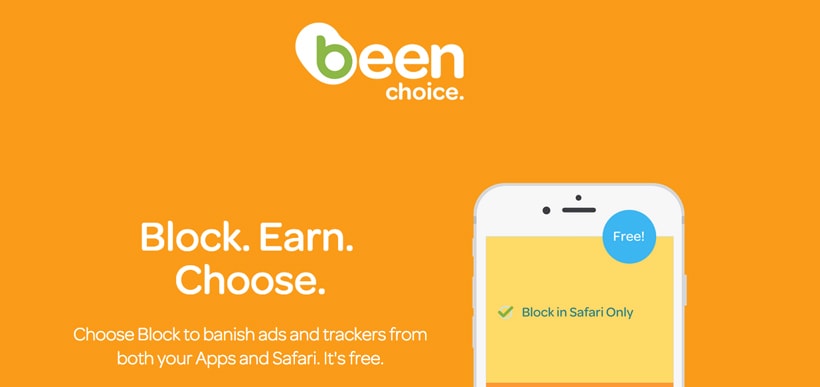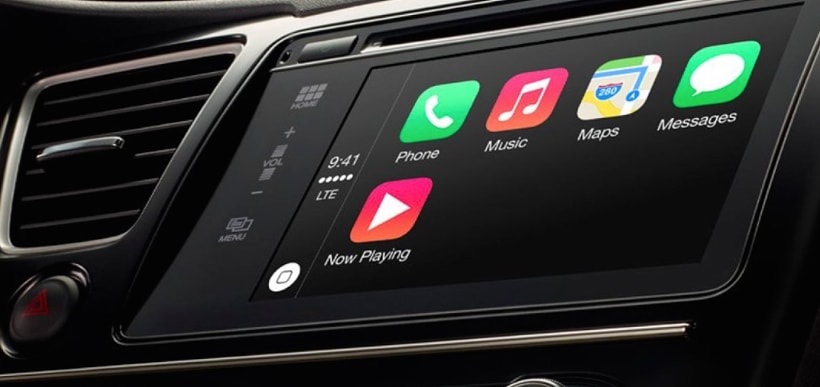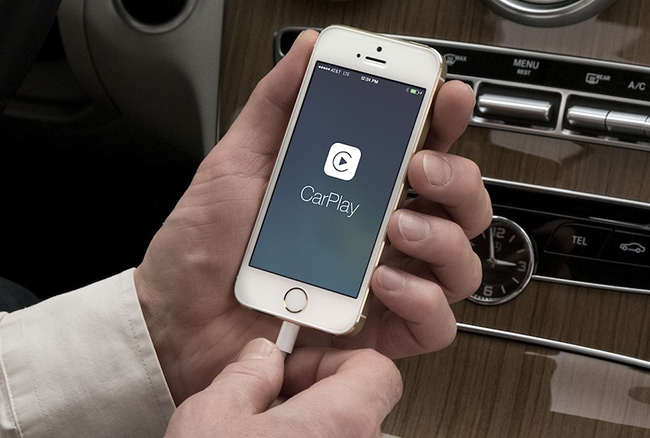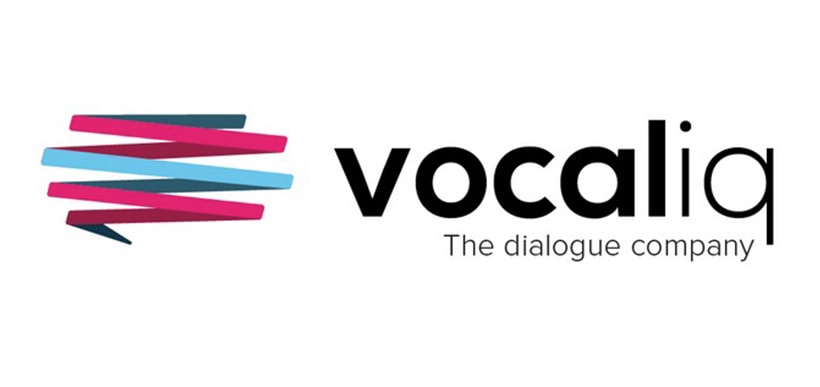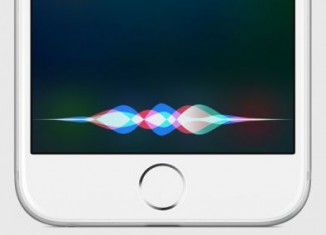“Been Choice” has been chosen as the first ad-blocker for the iPhone that blocks ads within mobile apps. Launched this month (October) in the United States, Been Choice is a fantastic service capable of blocking any and all ads, even those within Apple’s own news platform. Ad blocking within applications is a great new addition to mobile computing as a whole, saving users time, data and frustration.
We’ll Block Your Ads and Pay You
Been Choice generates it’s revenue through a rather innovative means. Their software blocks all ads and stops all forms of tracking. Having said this, Been Choice is offering users a fixed rate of $20 if they are willing to share their usage data with Been, as well as allowing ads from this ad-blocking provider. As best stated by Mr. David Yoon, Co-founder of Been Choice, customers are provided “a clear choice” over whether or not they want to be able to view ads, or be tracked. Apple takes great pride in their establishment as a top-class security-conscious service provider and manufacturer. Apple Chief Executive Tim Cook recently shared with US radio network NPR, that he feels that users want assistance in keeping their lives private, seeing privacy as a fundamental right.
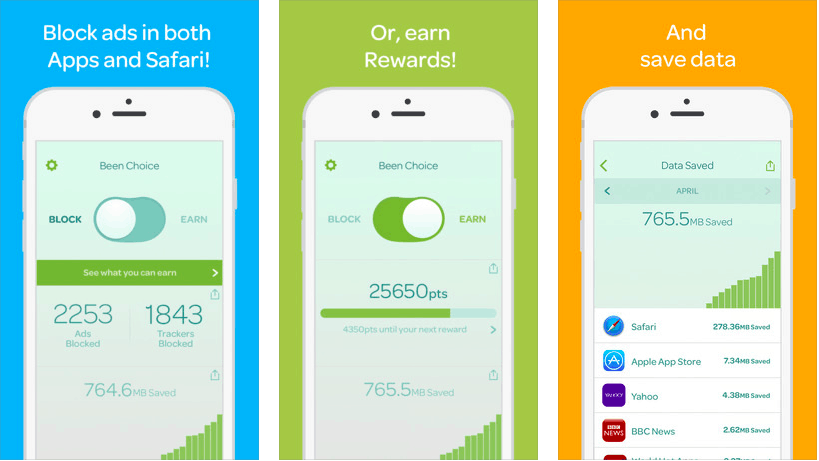
Winning the War on Advertising
Approval of technology such as that provided by Been Choice, goes a long way towards enforcing this fundamental. Apple reports that their data collection policies are, and will remain, minimal at most, with Apple never prying into your sensitive information, usage data or communications. There are many enterprises opposing the blocking of ads due to the impact that it creates on their revenue streams, but no amount of wining will win their fight for free ads! Privacy is too large of concern for industry giants such as Apple to just roll-over and allow free reign of unwanted ad placement. Say no to ads, Apple & Been Choice Do!
